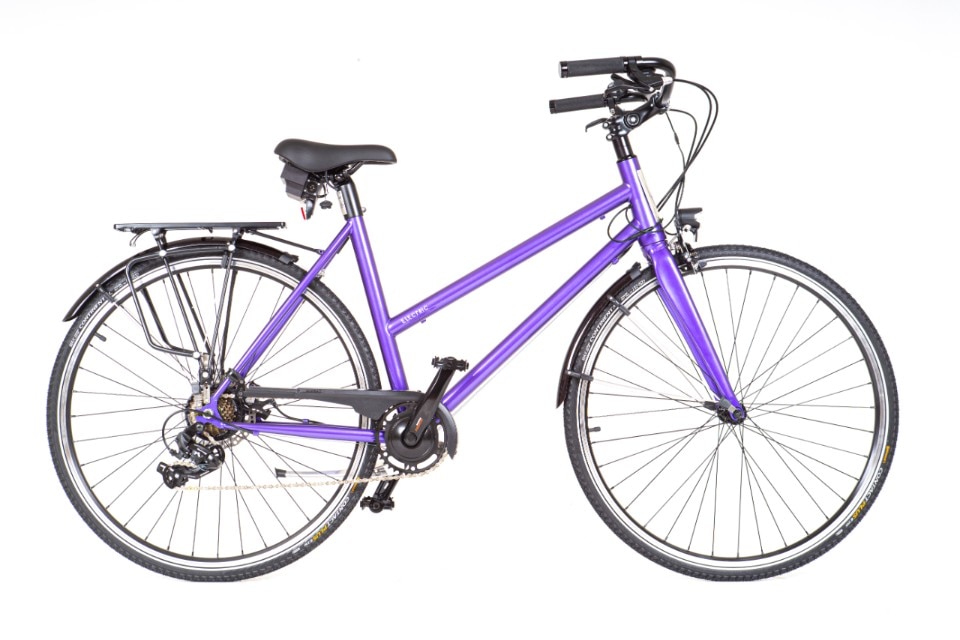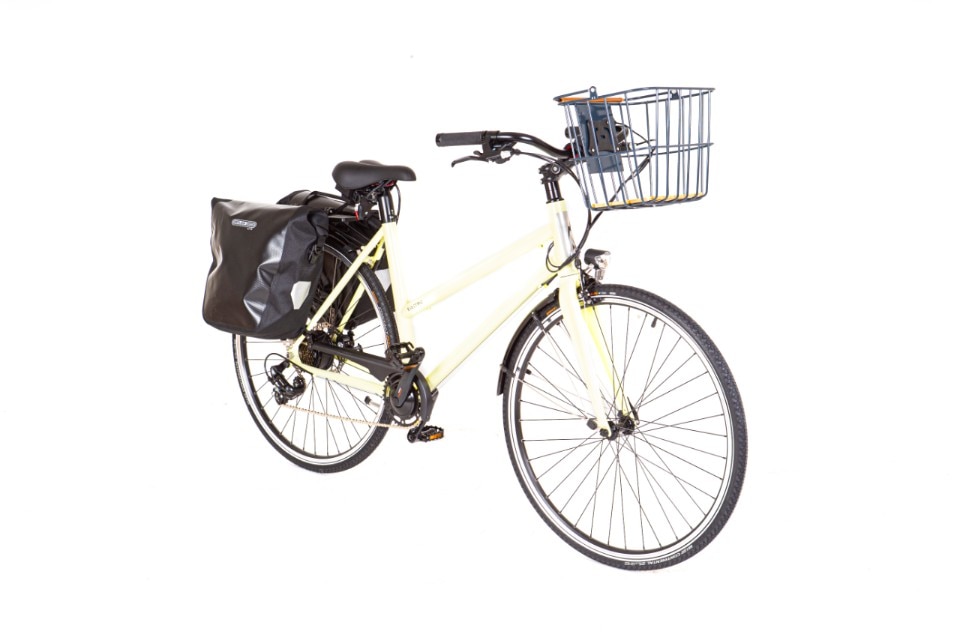Matteo Frontini is a 30-year-old engineer. He lived in UK, where he was a project manager in an aerospace company. “The good thing about working there is that they give you responsibility even if you are young”, he explains to me on the outskirts of Milan. This is where his present is, which for four years now has been called Mauá and above all Power Frame, a line of Italian-style electric bikes that I discovered as so many discover things in this period of lockdown and of half-reopening: on Instagram. Returned to Italy when the first Brexit’s winds were blowing, Matteo, who had been living and studying in England since he was 16 and specialised in green tech, started working on a product that has a long and glorious history here in the Po Valley and in the surrounding areas. His bike was created to look to the future, while remaining linked to tradition, with a design that, as he himself describes, “speaks to you”.
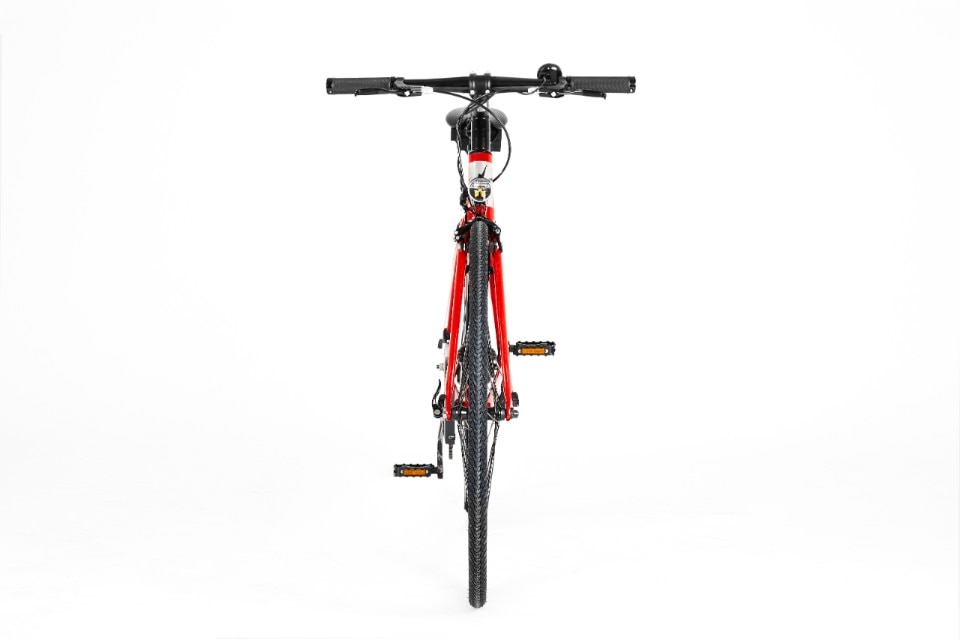
Matteo and I visit the space where he works on his bikes. Spacious and extremely clean, organized in areas, on a table there is a Mac mini that is restarting. Some frames, freshly painted, stick out on the stand. Other ready-made bikes are parked near the wall. In the opposite corner, resting on a shelf above a pile of Mauá tote bags, there is a rough, greyish frame. Matteo Frontini lifts it up with one hand, showing me the still imperfect geometry of that piece. It is a sort of number zero, he explains, developed along with a craftsman.
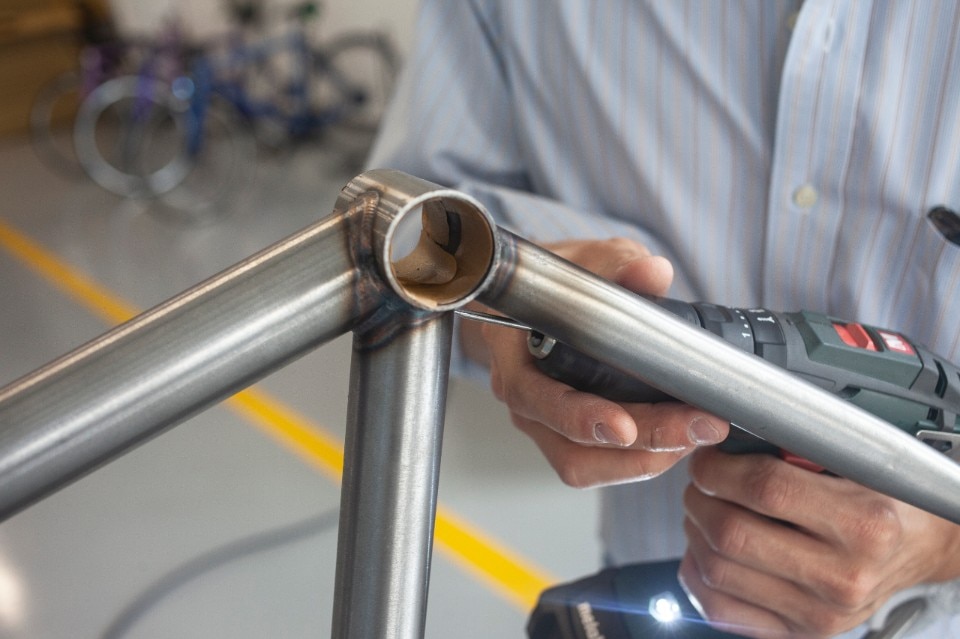
That prototype already contains the Power Frame’s winning concept, namely the idea of producing great muscle bicycles in which the battery is hidden in the frame tube, divided into three parts connected each other and then, in turn, to an on-board computer located under the saddle, through a connector “that employs a material used for space suits”, Frontini elucidates. Today the bike is different, it has evolved a lot, and the production chain expect the frames to be welded by a company in the Bergamo area and painted in Veneto. Everything else is done here, with a semi-automated process for inserting the electronic part, completed with a GPS anti-theft device. Andthe shipping is carefully organised, a part of the process that you do not often think about but that can often be complicated. “Shipping is a hassle” Matteo states. In his sustainable packaging there is no disposable plastic and potato glue is used.
The bike uses standard components, so that any mechanic can get his hands on it, but it is somehow ‘tailor-made’. While ordering, the customer personalises it according to his/ her height, pedalling attitude (sport or comfort) and, clearly, the colour. All this can be done directly on the website. Many clients arrive though the Instagram account @power_frame. “Often you end up taking with them by email or IM”, Matteo Frontini tells while he shows me the bike he has prepared for a lady from Rome and another one with a higher than usual seat tube. After a few seconds, by typing a code on a machine, a rack magically opens up with sets of batteries ready to be installed. Both futuristic and artisanal at the same time, Mauá seems to have landed from a parallel world, a dreamlike territory where there is no solution of continuity between the dream of the Shoreditch start-up and the small medium-sized enterprise that has made Italy and its design great.
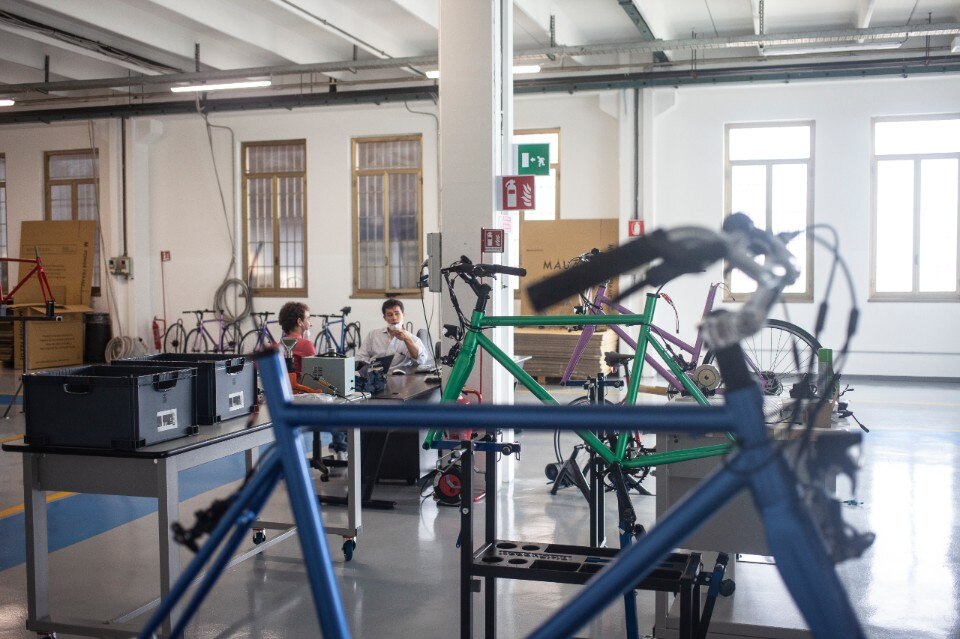
“Bikes will win back the city”, Matteo Frontini certainly thinks so. Furthermore, he emphasises that this is not a “freak” (cit.)zinger, rather a thought that he defines “progressive”, because the electric bike is the product that best embodies a healthy but, at the same time, techie, sustainable and local lifestyle which allows the consumer to move forward in some way, towards the future. A future of greener cities, the result of a mentalitychange, of a more local lifestyle in which the bicycle becomes the perfect mean of transport. In line with this vision, his bicycles have sufficient autonomy for urban use (around 50 kilometres), and use lithium iron phosphate batteries, therefore with a longer life span of recharging cycles. They are relatively light, weighing almost half as much as other electric bikes (30 kilos), and above all they are beautiful ones, in line with the Italian tradition. At the moment, those who want to see them can visit the company (Matteo is available), a few dealers have them in their windows, or the first official store in Milan, located in the very central Corso Garibaldi. In a long-term vision, the bikes are just the beginning, and as its founder explains, Mauá wants to evolve the city: a ‘kinder’ city, as he calls it. “But to get the kindness out of people you have to give them the tools”.
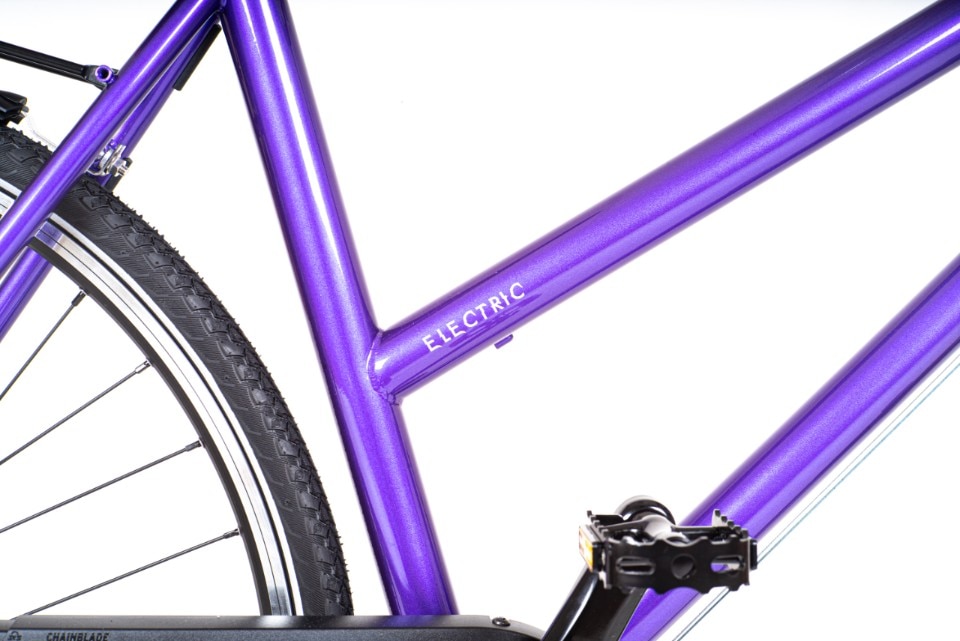




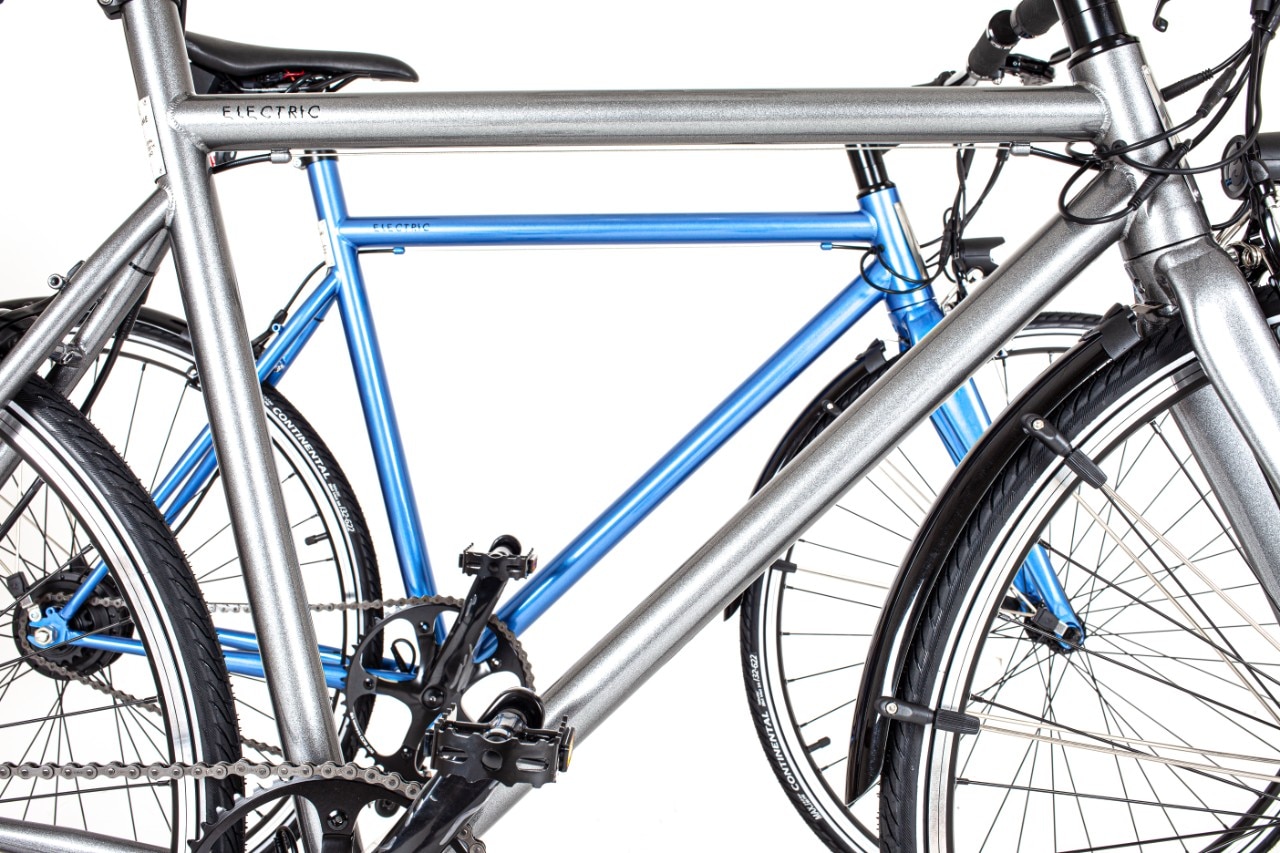

.jpg.foto.rmedium.png)
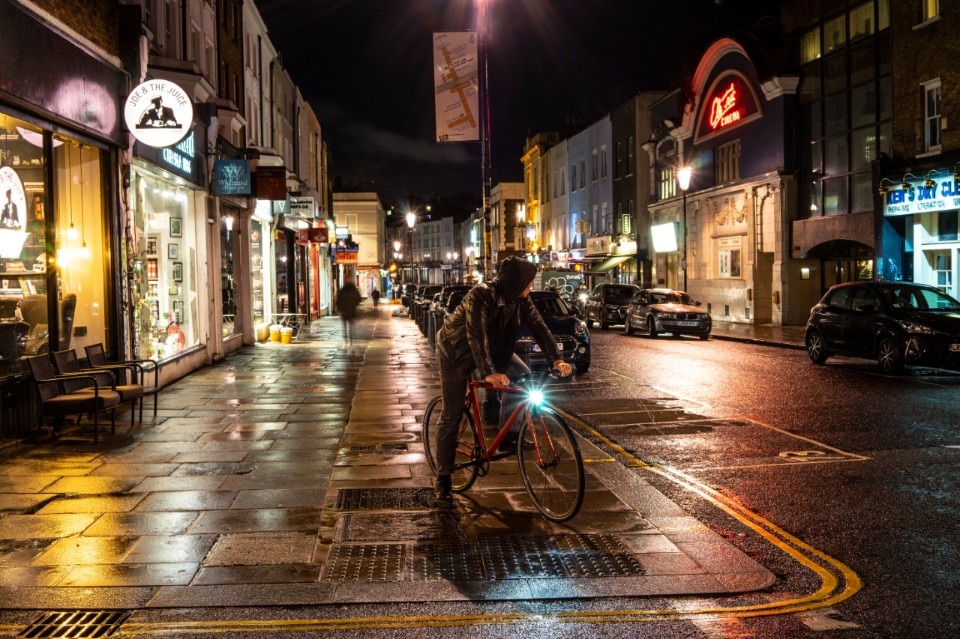
.jpg.foto.rmedium.png)
